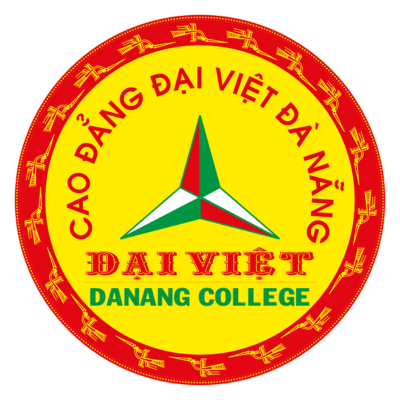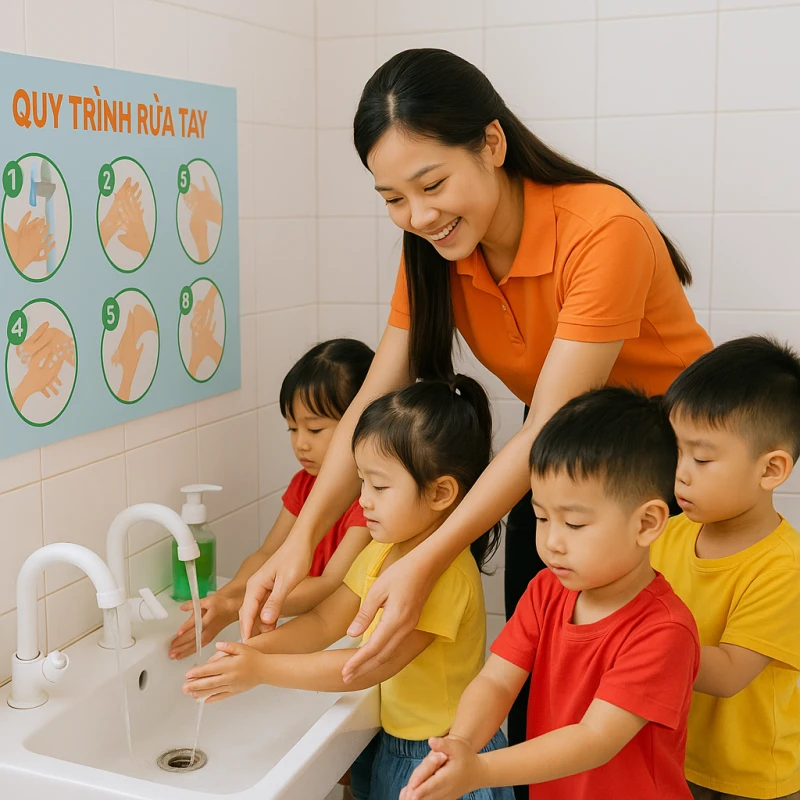The Nutrition and Hygiene course in Early Childhood Education equips learners with basic knowledge and skills about hygiene and nutrition for children, especially those in the preschool age group. This course includes theory, methods of hygiene education and disease prevention, appropriate nutritional regimes for each age group, as well as measures to ensure food safety and ways to prepare food for children in preschools.
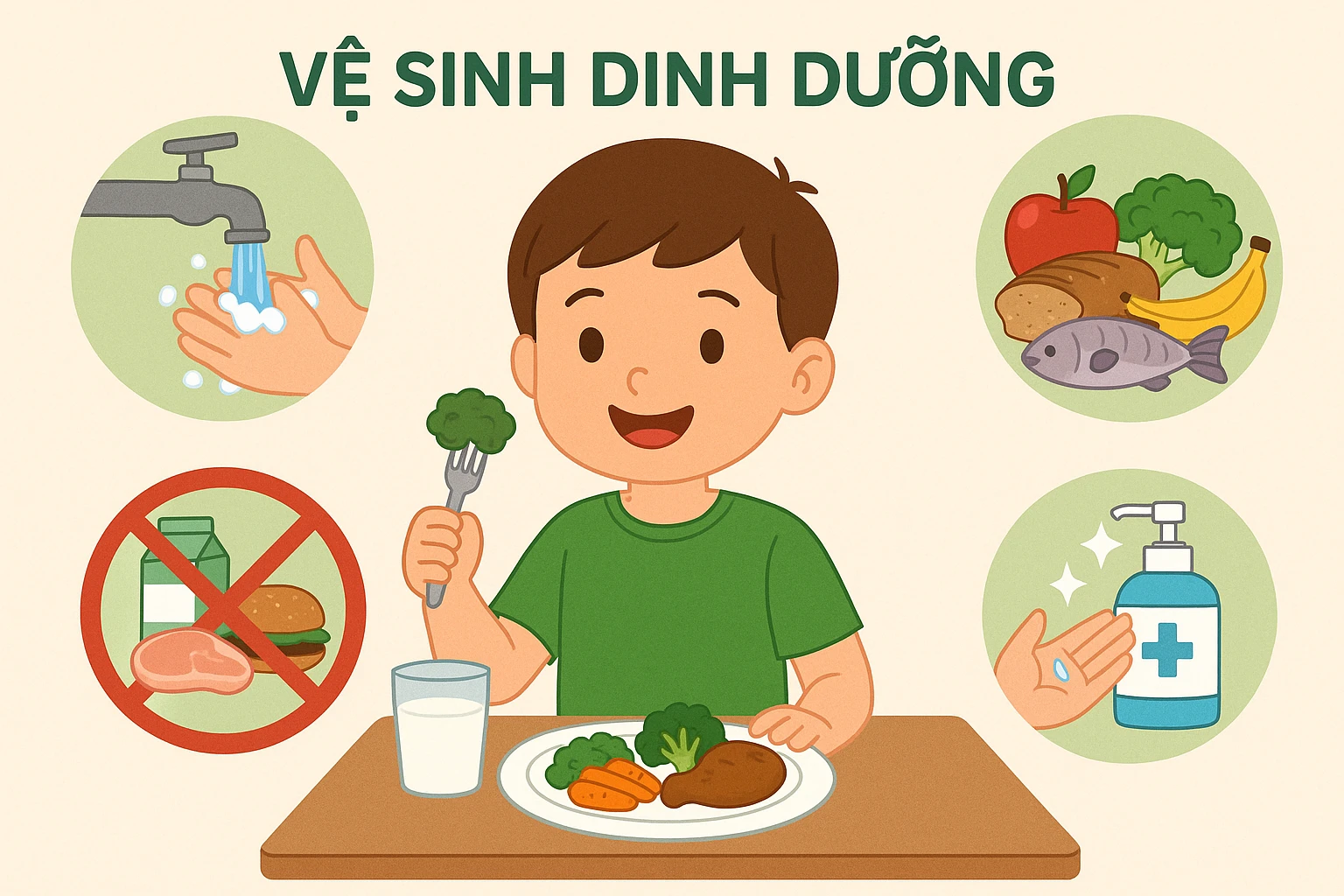 1. Definition of Nutrition and Hygiene
1. Definition of Nutrition and Hygiene
Nutrition and hygiene comprise a set of measures to ensure safe, hygienic food that provides adequate nutrition suitable for children's needs. The main goal is to prevent diseases related to poor nutrition and hygiene while helping children develop comprehensively in terms of physical, intellectual, and mental health.
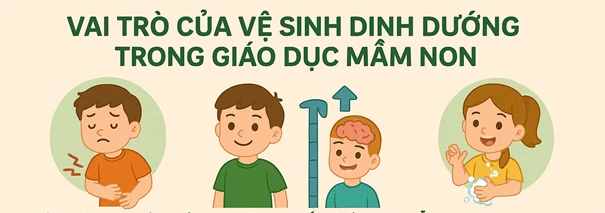
2. The Role of Nutrition and Hygiene in Early Childhood Education
Protecting children’s health: Preschool children have underdeveloped immune systems and are susceptible to diseases such as diarrhea and gastrointestinal infections if nutrition and hygiene are not adequately maintained.
Physical and intellectual development: Adequate and balanced nutrition helps children grow taller, healthier, and develop their brains well.
Forming healthy habits: Helps children recognize and maintain personal hygiene and hygienic eating habits from an early age.
Supporting educational activities: Healthy children can learn and participate in activities more effectively.
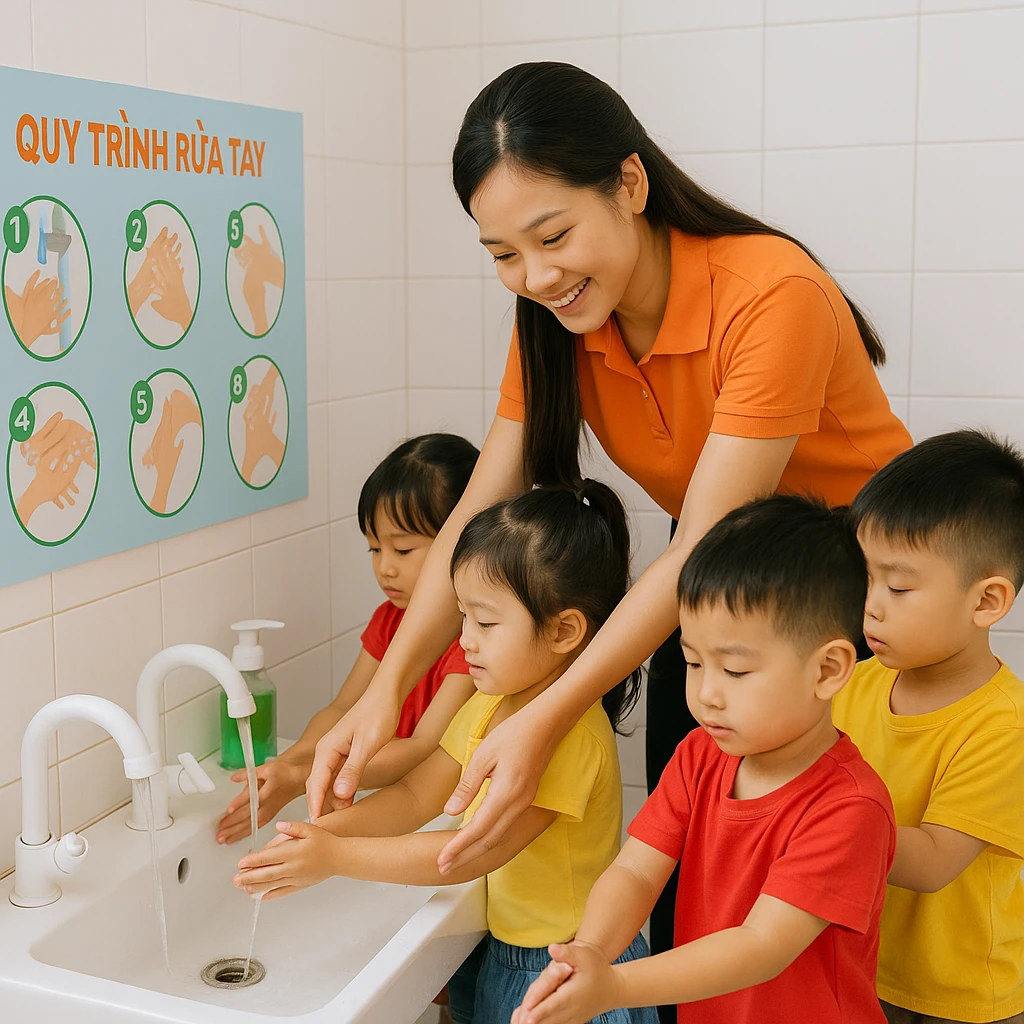
3. Content of Nutrition and Hygiene in Early Childhood Education
Personal and environmental hygiene: Washing hands before eating and after using the restroom; keeping eating areas, utensils, and dishes clean; cleaning and sanitizing classrooms and playgrounds regularly.
Food safety and nutritional regimes: Selecting fresh, clean food that is not spoiled; preparing food hygienically with adequate nutrients appropriate for children’s needs; balancing food groups such as carbohydrates, proteins, fats, vitamins, and minerals; monitoring and assessing children’s nutritional status.
Preventing nutrition-related diseases: Early detection and timely management of malnutrition and micronutrient deficiencies; preventing infectious diseases caused by unhygienic food consumption.
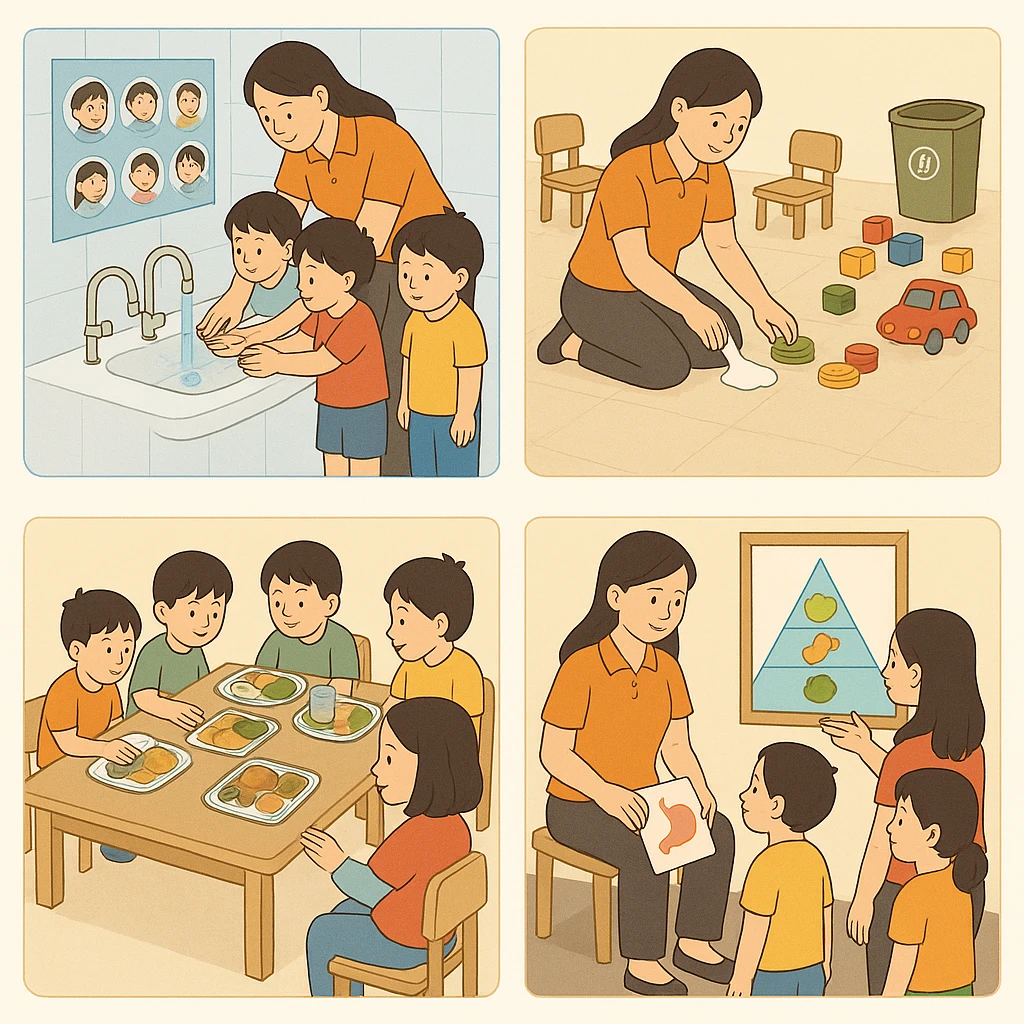
4. Practical Applications in Childcare and Education
Preschool teachers need to develop daily nutritious menus and implement appropriate feeding regimens for children.
Guide and train children to practice personal hygiene habits.
Supervise hygiene in dining rooms, kitchens, and children’s activity areas.
Collaborate with parents in caring for and educating children about healthy eating and hygiene habits at home.
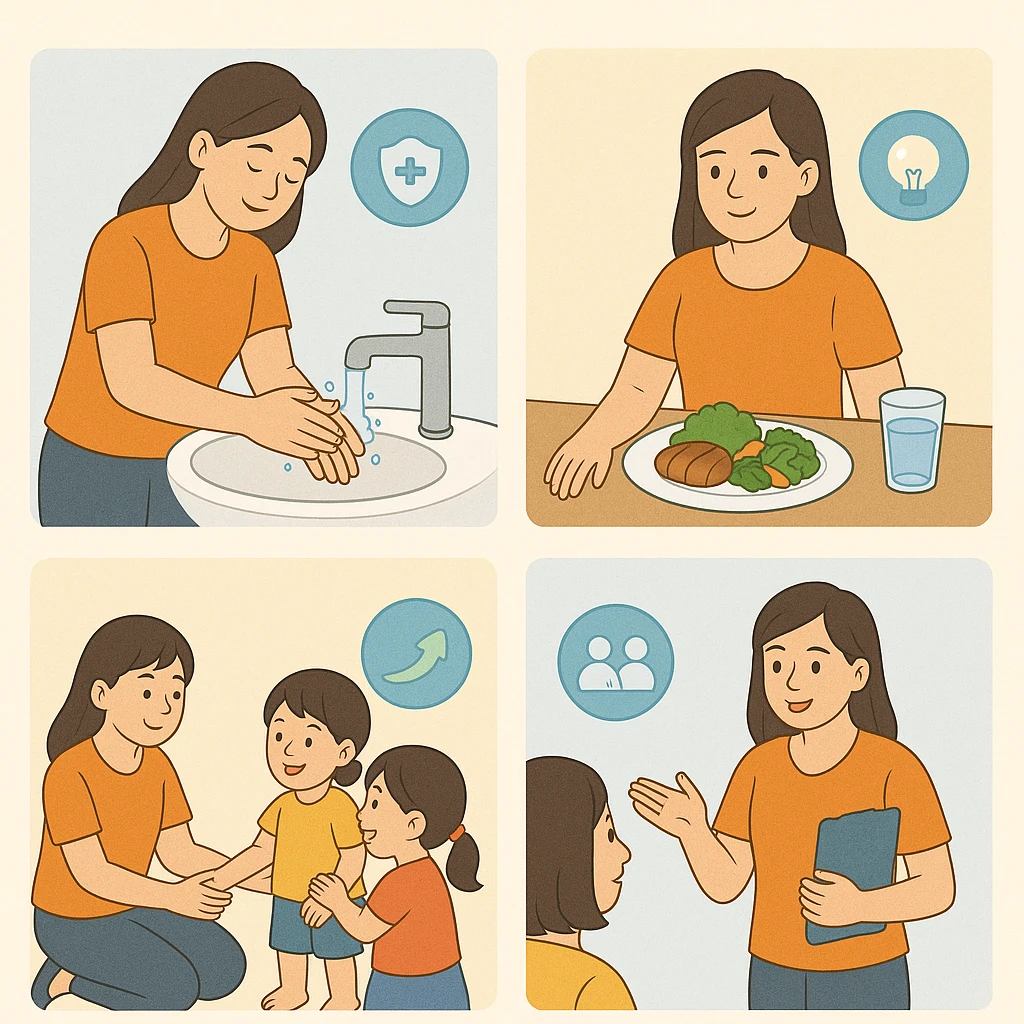
5. Importance for Early Childhood Education Students
Mastering knowledge of nutrition and hygiene is the foundation for caring for children in a scientific and professional manner.
Helps students confidently apply their knowledge in practice during internships and future work.
Contributes to improving the quality of early childhood education and creating the best environment for children's development.
